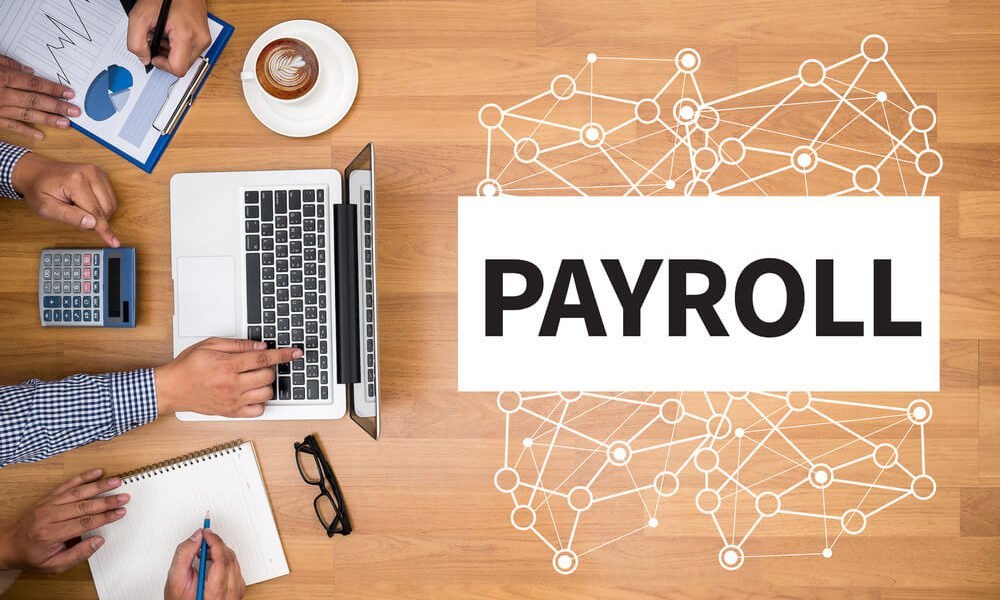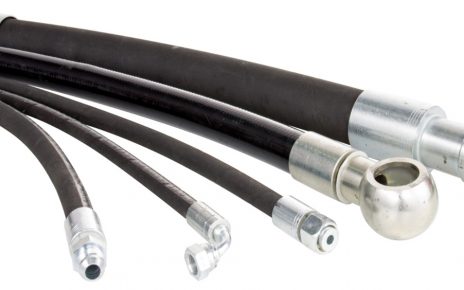Digital transformation is no longer just a buzzword, but the backbone of how modern businesses operate. In Malaysia, small and medium-sized enterprises (SMEs) are feeling the pressure to digitise to stay competitive, efficient, and compliant. One of the most underrated yet crucial areas where digital tools can make a massive impact? Payroll.
If you’ve ever juggled spreadsheets, scrambled to meet tax deadlines, or lost sleep over salary miscalculations, you’ll know exactly why payroll software in Malaysia is such a game-changer.
But what exactly is payroll software, and why is it essential for Malaysian businesses looking to digitise in 2025?
So, What Exactly Is Payroll Software?
Payroll software is a tool that automates the entire payroll process—from calculating salaries, EPF and SOCSO contributions, and PCB (Potongan Cukai Bulanan), to generating payslips and submitting statutory forms. Instead of manually keying in hours worked and fiddling with formulas, payroll software handles everything for you, with far fewer chances for error.
Some systems, like Million Payroll, even go a step further by integrating with HR modules, time attendance systems, leave tracking, and accounting software.
Think of it as your behind-the-scenes finance assistant, working quietly but efficiently to keep your employees paid on time and your business compliant.
Why Payroll Software Is No Longer Optional
Manual payroll is a recipe for disaster. One small mistake can mean underpaying an employee (which is bad for morale) or misreporting tax obligations (which is bad for your business).
Here’s why payroll software is quickly becoming a non-negotiable for Malaysian businesses:
1. Statutory Compliance, Made Simple
Keeping up with changing payroll regulations in Malaysia can be exhausting. From EPF rate changes to SOCSO requirements and EIS contributions, there’s always something new to take note of.
Payroll software simplifies this by staying up to date with the latest laws. Many systems are designed to auto-calculate and generate forms for LHDN (Inland Revenue Board), KWSP (EPF), PERKESO (SOCSO), and EIS. No more guessing games or last-minute scrambles before the 15th of every month.
2. Time-Saving for You and Your Team
Processing payroll manually can take hours, or even days, especially if you’ve got more than a handful of employees. With payroll software, everything is processed in just a few clicks. Auto-calculations, bulk payments, payslip generation, and even e-submissions save heaps of time that can be better spent on growing the business.
3. Accuracy You Can Trust
There’s nothing worse than realising you’ve overpaid (or underpaid) someone because of a formula error. Payroll software takes human error out of the equation with built-in logic that calculates everything accurately, from OT to unpaid leave deductions.
4. Better Record Keeping
Need to check an employee’s payslip from July 2022? Or pull up Form EA for income tax filing? Payroll software stores everything securely in one place, so you’ll always have access to past records without digging through old emails or paper files.
Going Digital = Going Professional
More than just a back-office function, your payroll process actually shapes how your employees perceive the company. Timely and accurate salaries reflect professionalism and build trust.
Plus, with many payroll software systems offering self-service employee portals, your team can download their own payslips, check leave balances, or update personal info without bothering HR. It’s a small detail, but one that adds to a better employee experience overall.
Key Features to Look For in Malaysian Payroll Software
If you’re in the market for a payroll solution, here are a few must-have features tailored for Malaysian SMEs:
- Local Statutory Compliance – Make sure it’s LHDN-approved and supports EPF, SOCSO, EIS, and HRDF.
- Auto PCB Calculations – Automate monthly tax deductions with up-to-date formulas.
- Bank Integrations – Look for compatibility with major Malaysian banks for smooth salary transfers.
- Form EA & Borang E Generation – These are must-haves for annual tax submissions.
- Multi-Company Support – If you run more than one business, this will save loads of time.
- Leave & Attendance Tracking – Nice to have if you want a full HR suite in one place.
Payroll Software and Government Grants
Here’s some good news—digitising your payroll doesn’t have to break the bank. The Malaysian government, through various agencies like MDEC and SME Corp, has introduced digitalisation grants that subsidise up to 50% of eligible software solutions. This includes payroll, HR, accounting, and more.
So if budget has been your main barrier, now’s the time to explore these incentives and make the switch.
Choosing the Right Solution for Your Business
There are plenty of payroll software providers in Malaysia, each with its own strengths. Some are built for small teams, while others scale beautifully with growing businesses.
Whether you go for a basic cloud-based tool or a full-suite HRMS (Human Resource Management System), the most important thing is choosing a solution that fits your workflow and meets local requirements.
And don’t forget about local support—being able to call or email someone in the same time zone, who understands Malaysian payroll, is a massive plus.
Final Thoughts
Payroll may not be the flashiest part of your business, but it’s one of the most critical. In 2025 and beyond, Malaysian SMEs that want to stay efficient, professional, and compliant simply can’t afford to rely on manual payroll methods anymore.
By investing in the right payroll software, you’re not just ticking a box—you’re laying the foundation for a more organised, scalable, and future-ready business.
So, if you’re still juggling spreadsheets or outsourcing payroll entirely, maybe it’s time to rethink that. Because digitisation starts with the basics, and payroll is as basic (and essential) as it gets.





